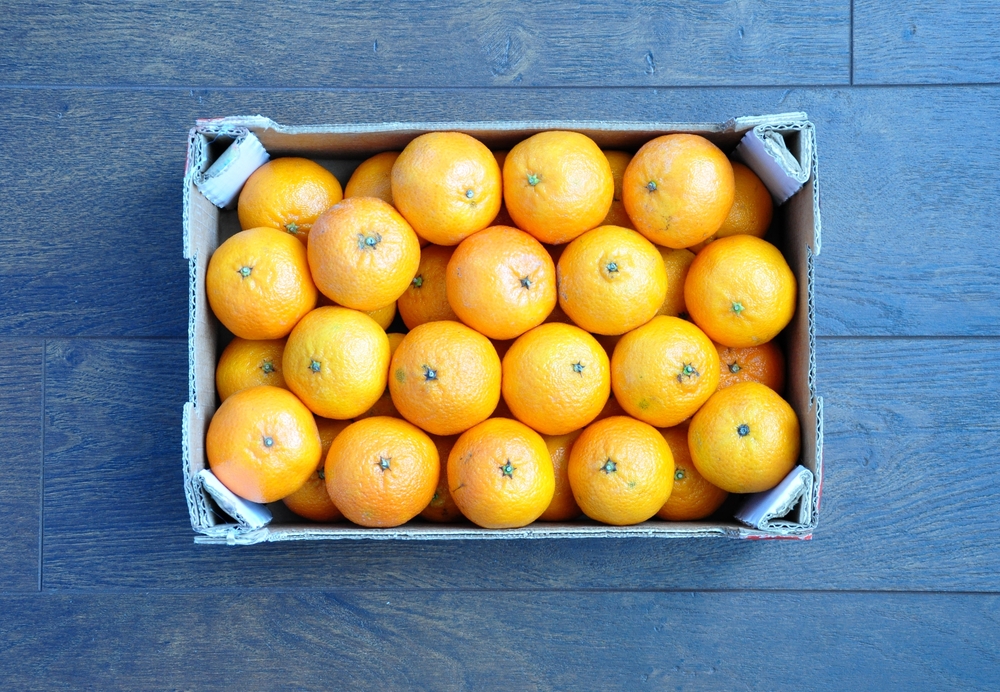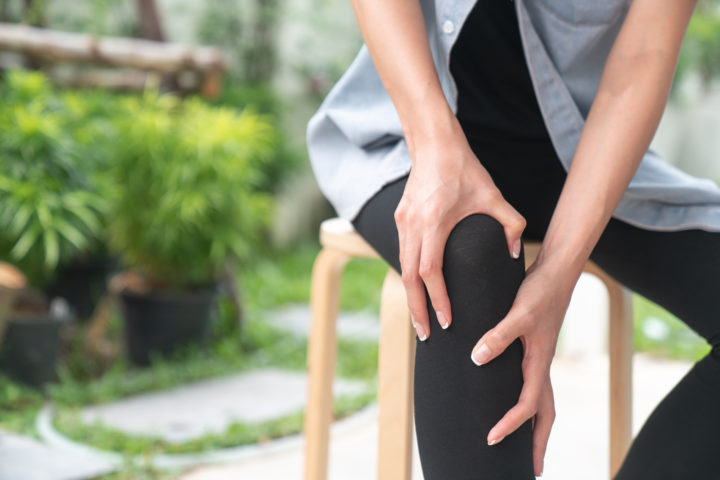This article is part of a sponsored series in partnership with LUNA Bar. It was originally published on Pregnancy Awareness’ website.
Vitamins and minerals are the nutrients that help your body rock it day in and day out. For women, especially those in their childbearing years, a good rule of thumb is to think of iron, calcium, folic acid, and vitamin D as the “4 For Moms ” vitamins and minerals important to maintaining overall health. But which foods contain these essential nutrients? How do you know if you’re getting enough? And what are the symptoms to watch out for that might indicate you have an insufficient intake? The following is a little “Vitamins and Minerals 101” to give you a better understanding of the ins and outs of balancing your daily eating plan with the right nutrient essentials.
Be an Iron Woman
Iron plays a crucial role in the makeup of red blood cells, as well as many of the enzymes the body uses to perform a host of important functions. Getting enough iron in your diet ensures that both you and your baby are getting enough oxygen. Females between the ages of 18 and 50 need 18 mg/day, while the amount for women above the age of 50 drops to 8 mg/day. A mildly low intake may go unnoticed for a while until the level drops enough to lead to symptoms like:
- Weakness
- Fatigue
- Shortness of breath during exercise
- Headache
- Trouble concentrating
- Irritability
- Dizziness
Great sources of iron include:
- Pumpkin and Squash Seeds: 4.2 mg
- ½ cup of cooked spinach: 3.2 mg
- 3 oz of lean grass-fed beef: 2.9 mg
- 3 oz of BPA-free canned Sardines in Olive Oil: 2.5 mg
Fortify Your Strength with Calcium
Pregnancy puts demands on your calcium needs. You don’t need more calcium when you are pregnant, but it is much easier to become deficient because if you aren’t getting the 1,000 mg RDA of calcium a day, your body will take what it needs from your bones to provide for your baby. Consume three to four calcium-containing foods each day such as cottage cheese, chocolate milk, yogurt, calcium-fortified orange juice, and LUNA Bars.
Calcium is a primary contributor to bone growth and strength, but it also plays a strong role in blood clotting, muscle contraction (including your heart), and regulation of blood pressure, nerve signals, and hormones. Men and women between ages 18 and 70 need 1,000 mg/day. The physical signs of low calcium are not noticeable until the bones have become extremely depleted and are weak enough to fracture or break, so you don’t want to wait until it’s too late to make sure your calcium intake is on target. Many women have heard of osteoporosis, the condition caused by ongoing calcium depletion.
The symptoms associated with it are:
- Frequent falling
- Back and neck pain
- Bone pain/tenderness
- Loss of height
- Occurrence of fractures with little cause
- Stooped posture
Great sources of calcium include:
- I cup of milk: 300 mg
- 1 cup of broccoli: 178 mg
- 3 ounces of salmon: 180 mg
Filling Up on Folic Acid
Folic acid, or folate, is central to the development of cells and essential proteins. It is especially important for women of childbearing age as it helps protect against neural tube birth defects. Both men and women above the age of 18 need 400 μg/day of folate. Folic acid deficiency can cause the following symptoms:
- Tiredness
- Lightheadedness
- Forgetfulness
- Grouchiness
- Loss of appetite
- Weight loss
- Trouble concentrating
Great sources of folate include:
- 1 cup of pinto beans: 294 μg
- 1 cup of boiled asparagus: 262 μg
- 1 cup of spinach: 262 μg
Soak Up Some Vitamin D
Vitamin D works in conjunction with calcium to promote bone and teeth health by aiding in the proper absorption of calcium. Some studies suggest vitamin D may play a role in reducing the risk of complications like gestational diabetes, preterm birth, and infection. Always check with your ob-gyn before taking any additional vitamins or supplements.
Just look to the sky for the greatest source of vitamin D—it’s the sun! The best way to get your fill is to go outside and soak it up for 10 to 15 minutes before putting on sunscreen. Men and women between the ages of 18 and 70 need 600 IU/day. A deficiency of vitamin D can lead to the following:
- An increased risk of cardiovascular disease and cancer, as well as severe asthma in children
- Bone pain and muscle weakness
- Mental impairment in elders
Foods rich in vitamin D include:
- I tablespoon of cod liver oil: 1,360 IU
- 3 ounces of cooked swordfish: 566 IU
- 1 cup of vitamin D–fortified milk: 115–124 IU
Here’s a quick cheat sheet:
Have a question for one of our experts? Email support@helloflo.com.
Cover image courtesy of Shutterstock.






comments